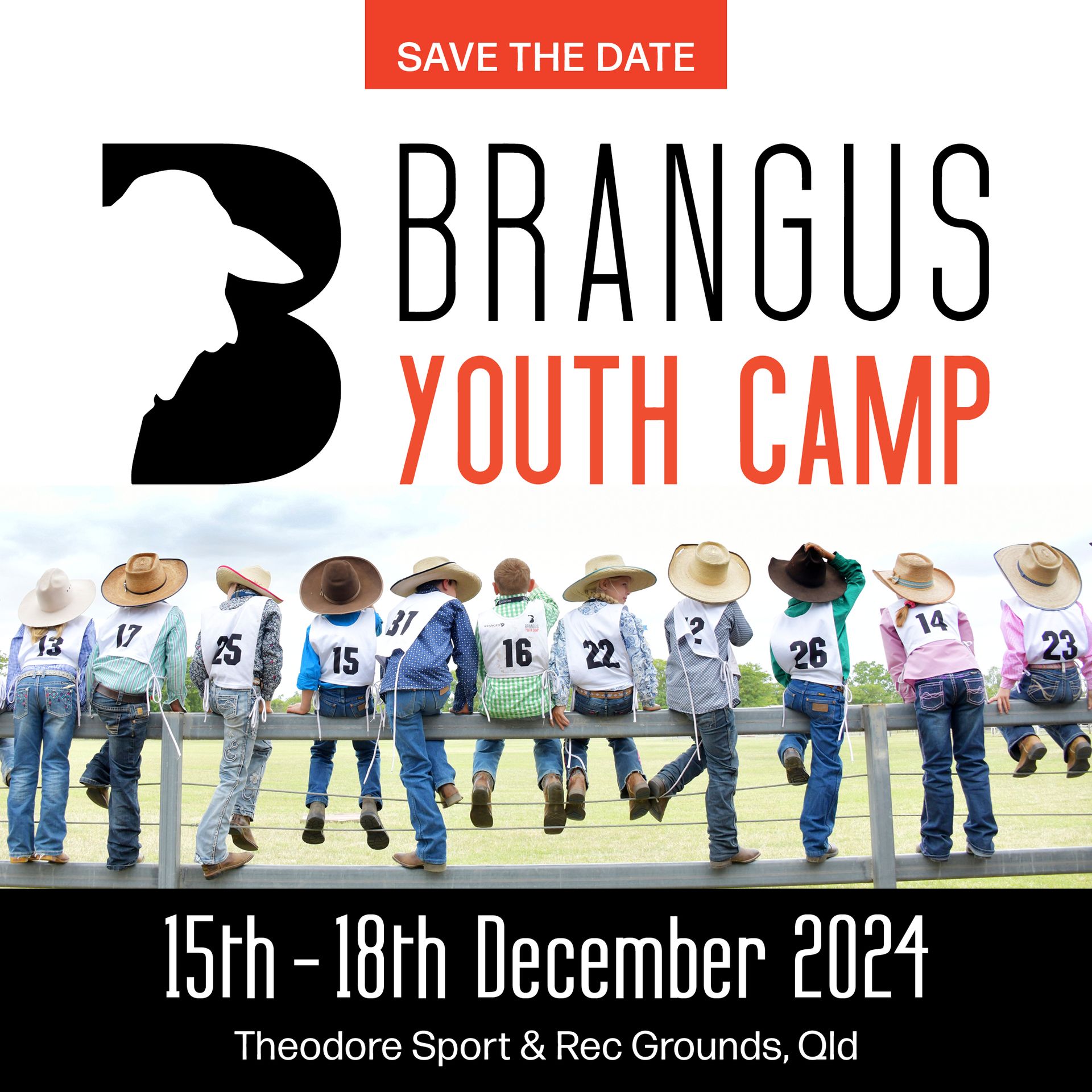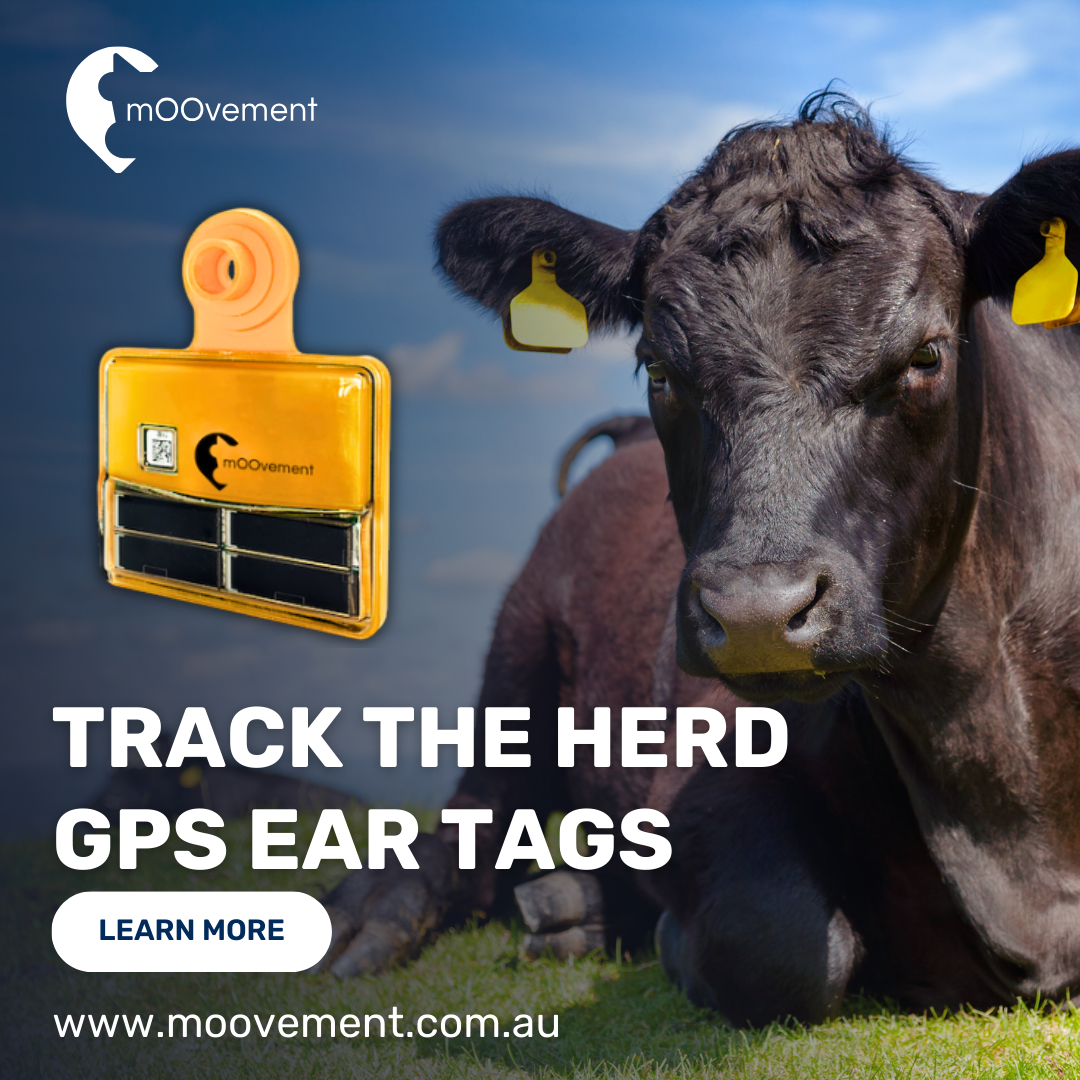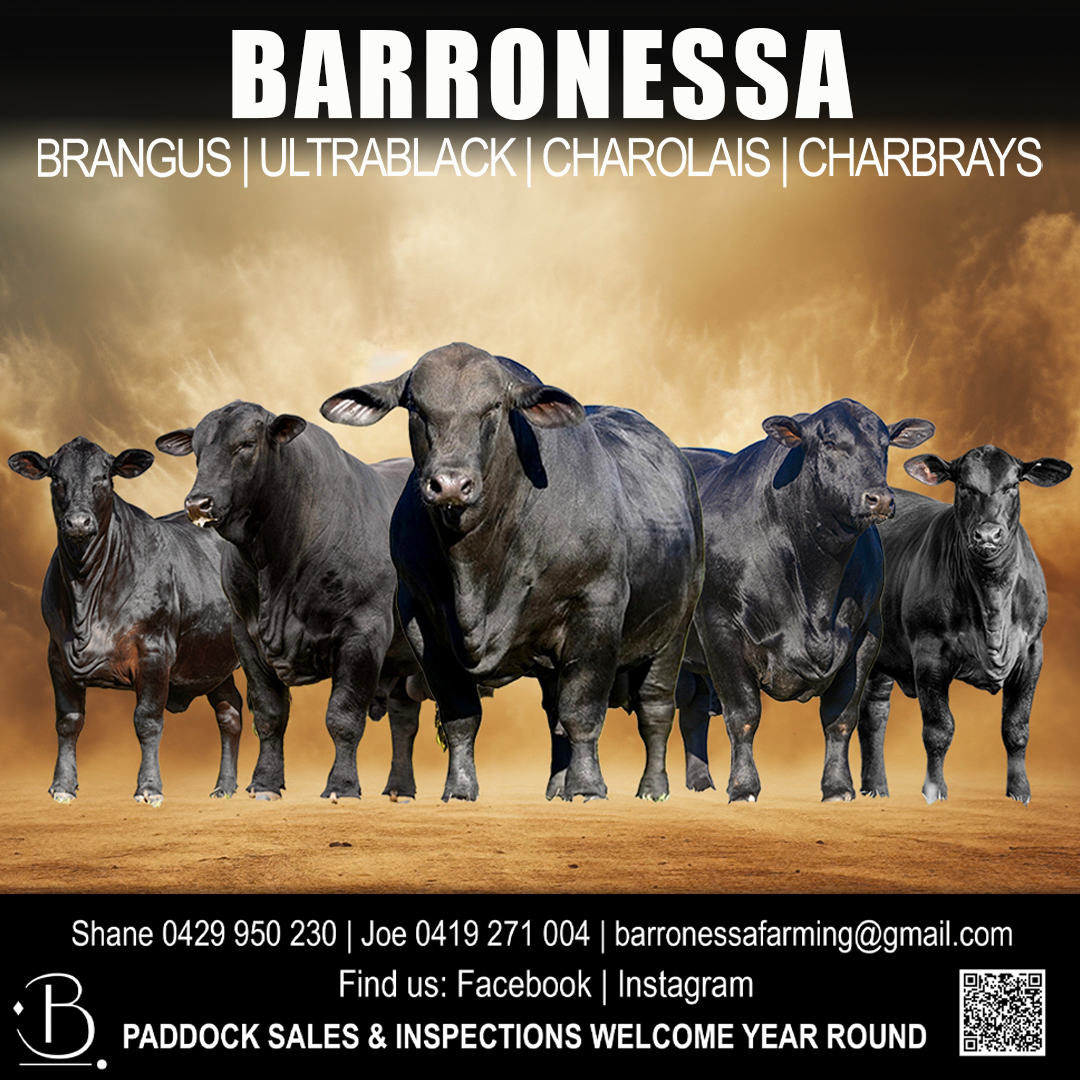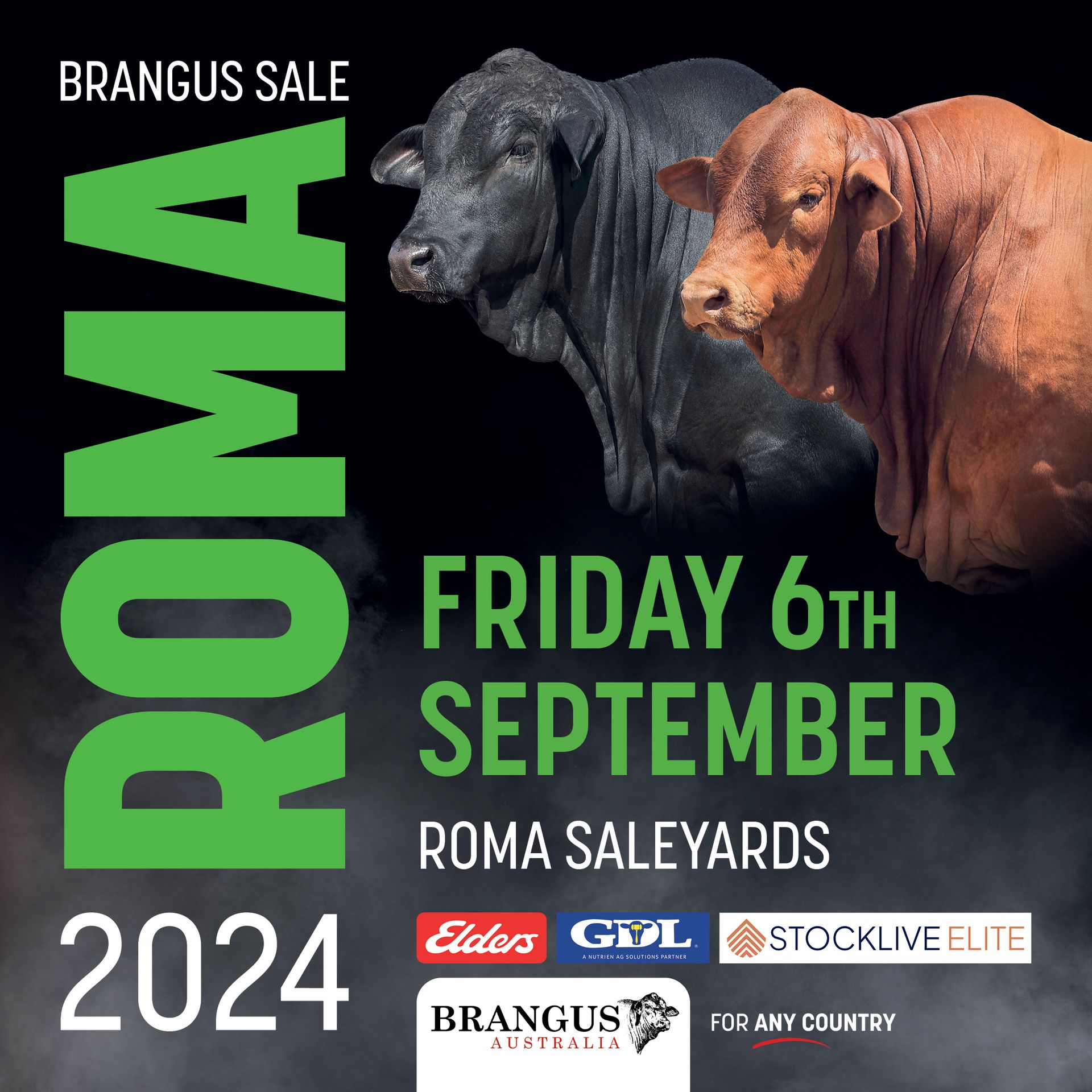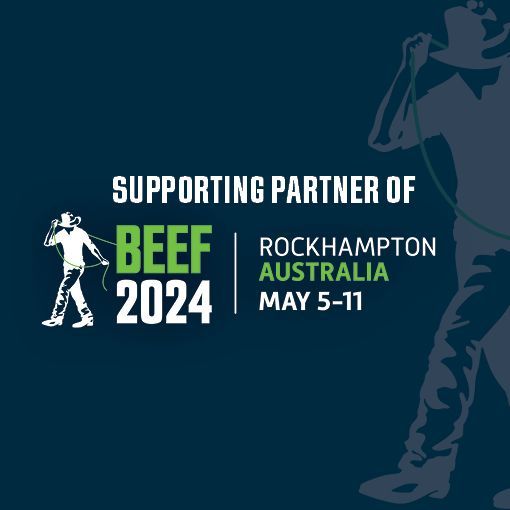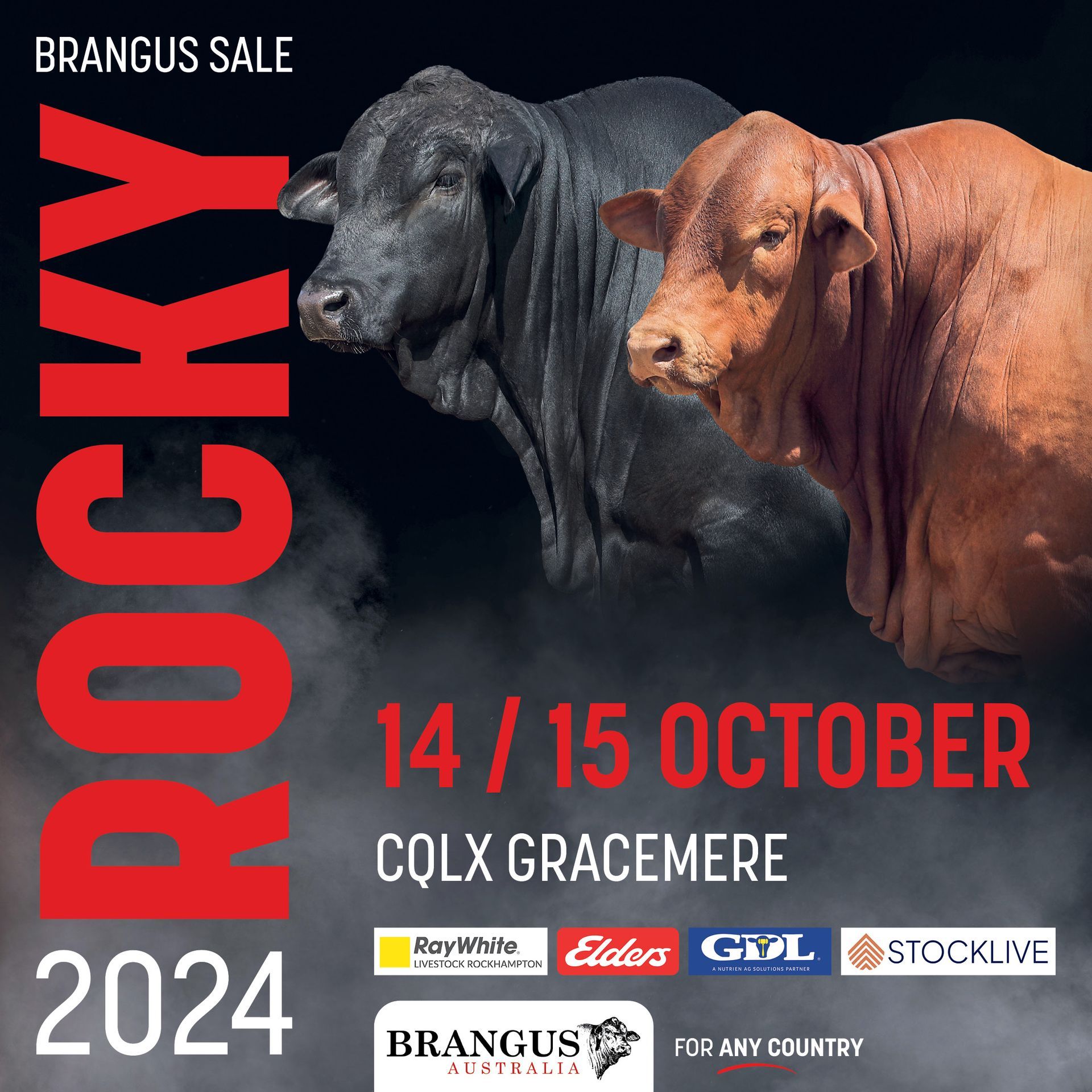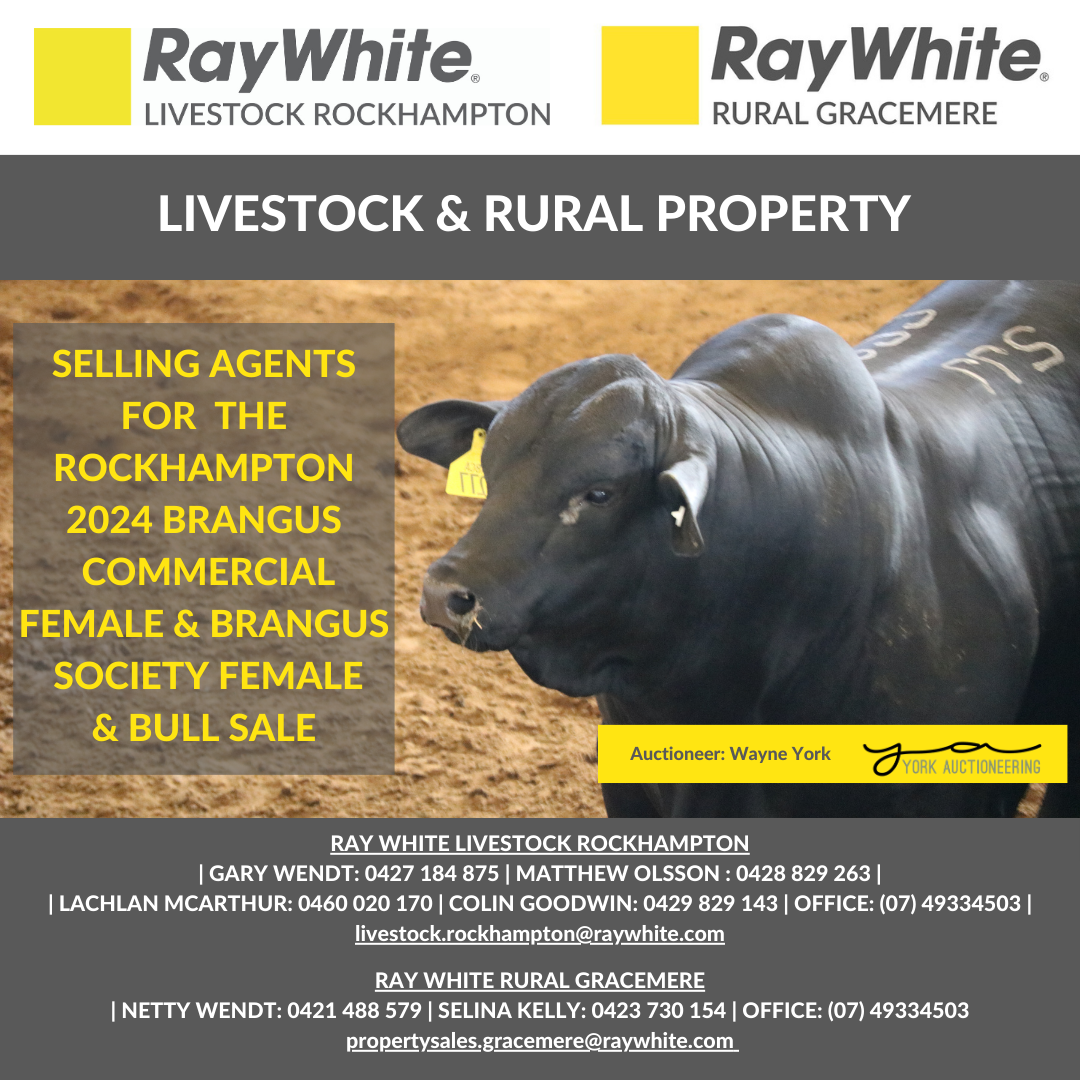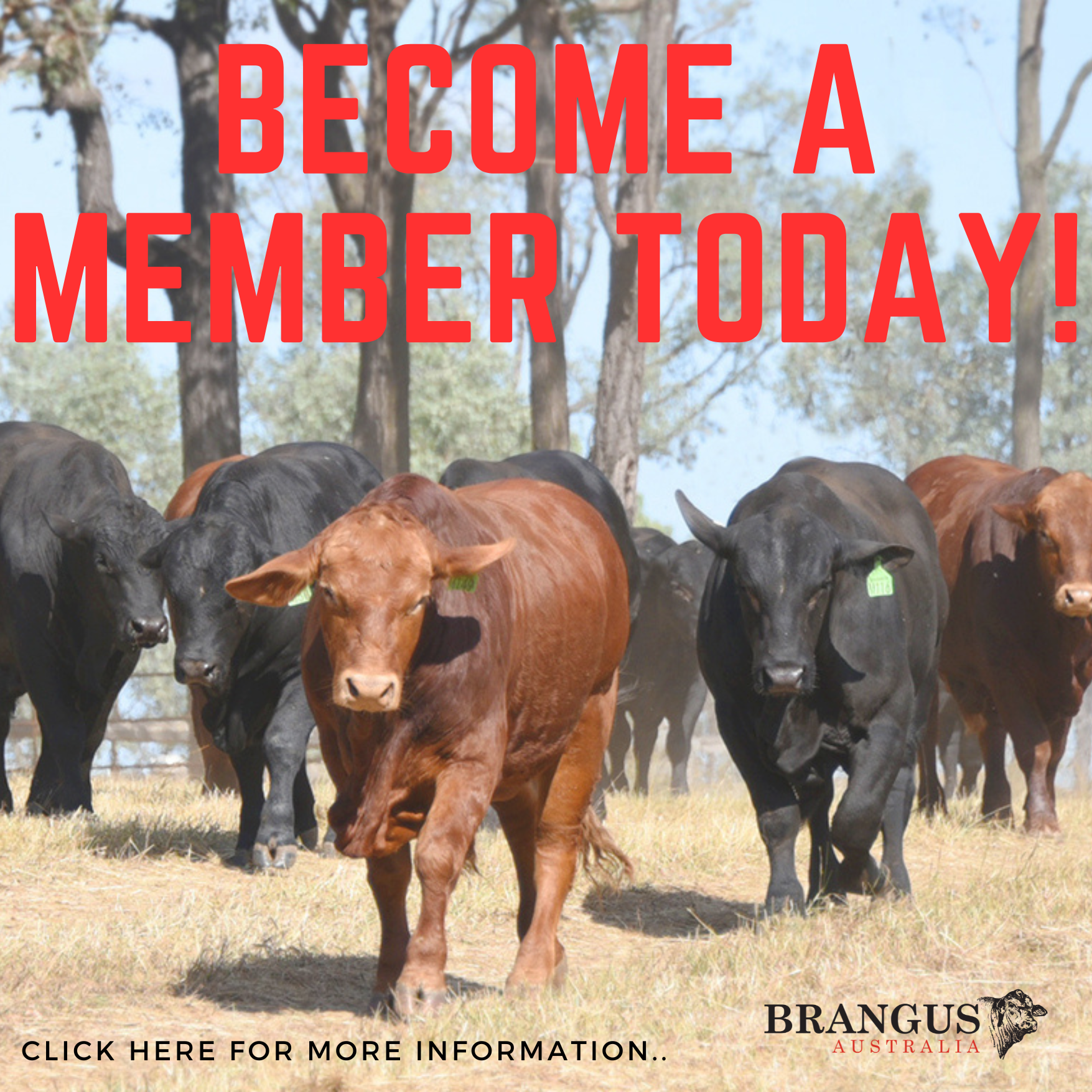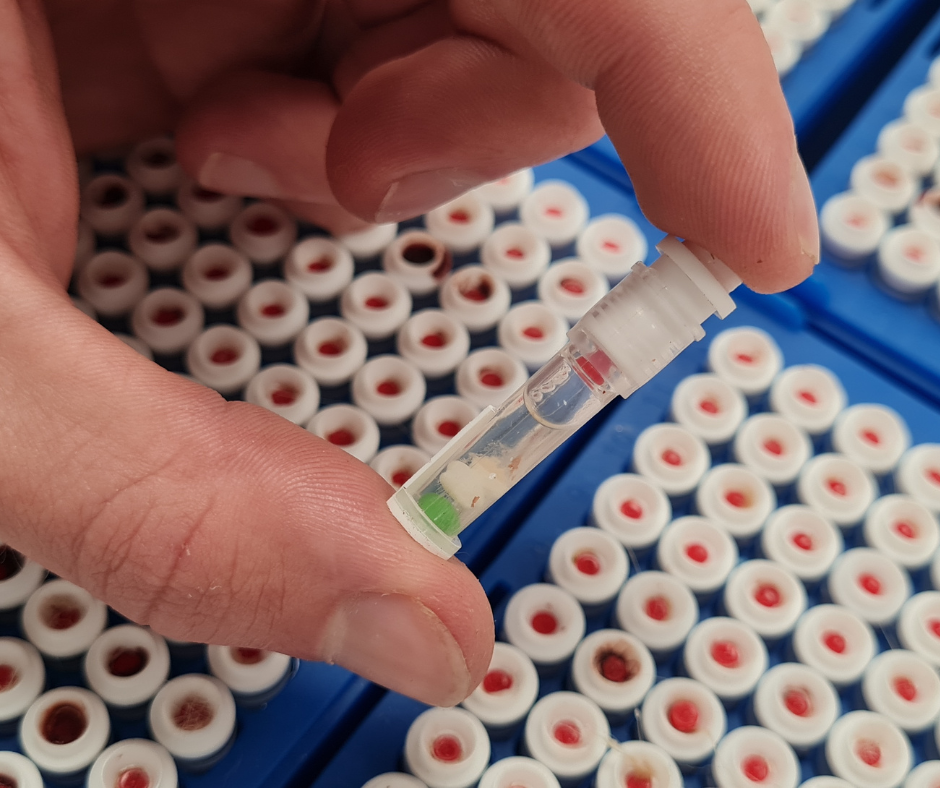
testing requirements
>
what animals REQUIRE dna testing?
The ABCA require the following animals to be tested with the Brangus Bundle:
- Sires of all animals born after 1st January 2020 must have a Brangus Bundle before calves can be registered
- AI Sires of all animals born after 1st January 2018 must have a Brangus Bundle before AI calves can be registered
- Donor Dams of all animals born after 1st January 2018 must have a Brangus Bundle before ET calves can be registered
- Registered animals (bulls & heifers) being sold at Society Sales (Roma and Rockhampton) must have a Brangus Bundle
After consultation with a number of industry bodies, the ABCA made the regulations for all Sires of calves born after 1 January 2020 to be tested with the Brangus Bundle for the following reasons:
- To increase and maintain the integrity of the ABCA Herdbook
- To provide a facility for breeders to be able to confirm parentage of animals which they are using or selling
- To allow purchases of Brangus animals the ability to see confirmed Parentage, Coat, Poll and Tenderness DNA results
- To increase the genomic information available to the ABCA for research and development
> WHAT IS A BRANGUS BUNDLE?
The Brangus Bundle is a specialised bundle which is offered at a discounted rate to ABCA members.
In order for a Brangus Bundle to be requested the tests must be submitted through the ABCA office.
A Brangus Bundle consists of the following tests:
100K SNP - This is the extraction of the genomic data from the animal
Parent Verification - When a parent/s of an animal being tested have DNA profiles Parent Verification can be reported
Coat Colour - This tests identifies what coat colour genes the animal is carrying
Poll - This tests identifies what Poll/Horn genes the animal is carrying
Tenderness - This test gives the animal a 1-10 score for the tenderness genes the animal is carrying
> WHAT IS A SNP?
SNPs, pronounced “snips,” stands for single nucleotide polymorphisms. They are slight variations in an individual’s genome that differ from the already sequenced reference genome.
To be considered a SNP, a variation must occur in more than 1% of the population, making them more significant than your run-of-the-mill mutation.
To use humans as an example, we have about 10 million SNPs in our genome.
The variations are responsible for the biological differences between individuals of the same species.
Sometimes they’re responsible for physical differences, but more often they affect traits like susceptibility to disease. In animal production contexts, looking at SNPs can offer valuable information about, say, milk production, birthing ease or whether the offspring will have horns or not. All of this info can be used to help select which animals to breed, continuing to enhance the herd, and which ones don’t have as many traits worth passing on.
In genomic testing, scientists look at the genome of an individual animal, or the entirety of its DNA. They look for SNPs that represent specific traits, like high fertility, efficient feed conversion or ability to adapt to different climates. They do this with a blood or tissue sample and generate a report that outlines how the animal’s SNPs compare to other animals within the same breed or species. *Information courtesy of www.neogen.com
> WHAT IS PARENT VERIFICATION?
While mating dates and visual mothering up are useful tools in determining the parents of an animal,
DNA Parent Verification is the only way to confirm the parentage.
DNA Parent Verification is a tool which should be relied on heavily by breeders who are selling animals for breeding purposes and for anyone who wants to have accurate pedigree records.
When the Sire and/or the Dam of animal has a DNA profile Parent Verification can be reported.
The lab compares the DNA of the calf to the DNA of the Sires and/or Dams nominated.
The lab is then able to verify if an animal is the Sire or Dam.
The lab is unable to 'find' the Sire of an animal using DNA, the lab can only compare the DNA of the calf to the
DNA of the Sires or Dams nominated by the breeder at the time of testing.
The lab is unable to verify the Sire and Dam of an animal without being able to directly compare the calf to the
Sire or Dam e.g. The lab cannot confirm the Sire of a calf by comparing it to another calf by the same Sire.
We encourage members to list all potential Sires when sending DNA away, this will allow the lab to test against all potential sires and increases the chances of receiving a qualified parent and decreases the chances of retesting fees.
FREQUENTLY ASKED QUESTIONS
How long until I receive results?
The processing time for DNA results is 6 - 8 weeks. Please allow ample time between sending your samples away for testing and when you require the results. Neogen does not offer urgent testing.
If I am sending a calf away for Parent Verification, will the lab test against all animals on file
until they find the sire and/or dam?
No, the lab will only parent verify against the Sires and/or Dams that you have nominated and if the nominated animals have a qualifying test on file.
If you leave the Sire and/or Dam information blank on the DNA application form your calves will not be parent verified and you will need to request parent verification at a later date.
I need more collection TSUs or Cards, where do I get them from?
Collection cards must be ordered through the office.
TSUs can be ordered through the office or through your Allflex provider.
ABCA offers a discounted rate when the TSUs are ordered through the office.
I am sending in a semen straw for testing, does it need to be frozen?
No, semen straws do not need to be frozen for Neogen to extract DNA. It is advised that semen straws are placed in secure packaging (e.g., An empty pen) to avoid any breakages in the post.
Can I send in a half-used semen straw?
No, Neogen can only extract DNA from full straws.
OTHER HELPFUL TIPS
Animal Idents
It is extremely important that the correct animal ident is written on the form. If you just put an animal's name, ear tag only or any other information the incorrect animal may be tested against, and you will need to request another test (charged apply)
DISCLAIMER
QUICK LINKS
THE BRANGUS ADVANTAGE BECOME A MEMBER TODAY AUSTRALIAN BRANGUS MAGAZINES WHAT IS BREEDPLAN? HOW TO SAMPLE DNA
© Copyright 2024 All Rights Reserved Australian Brangus Cattle Association Ltd


